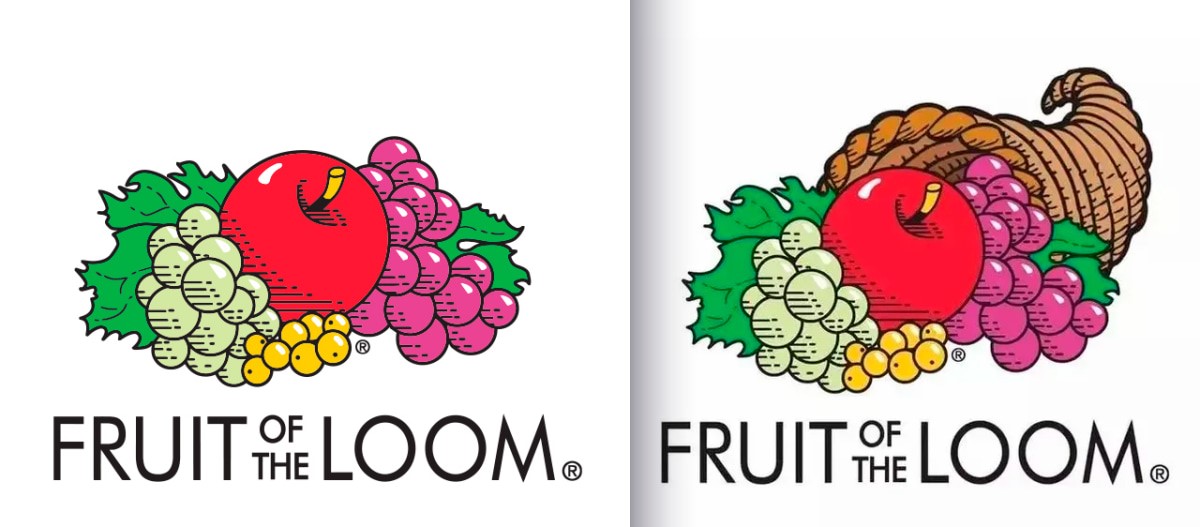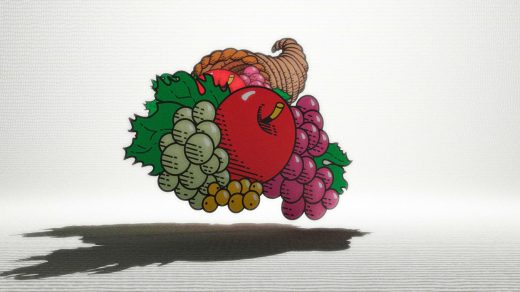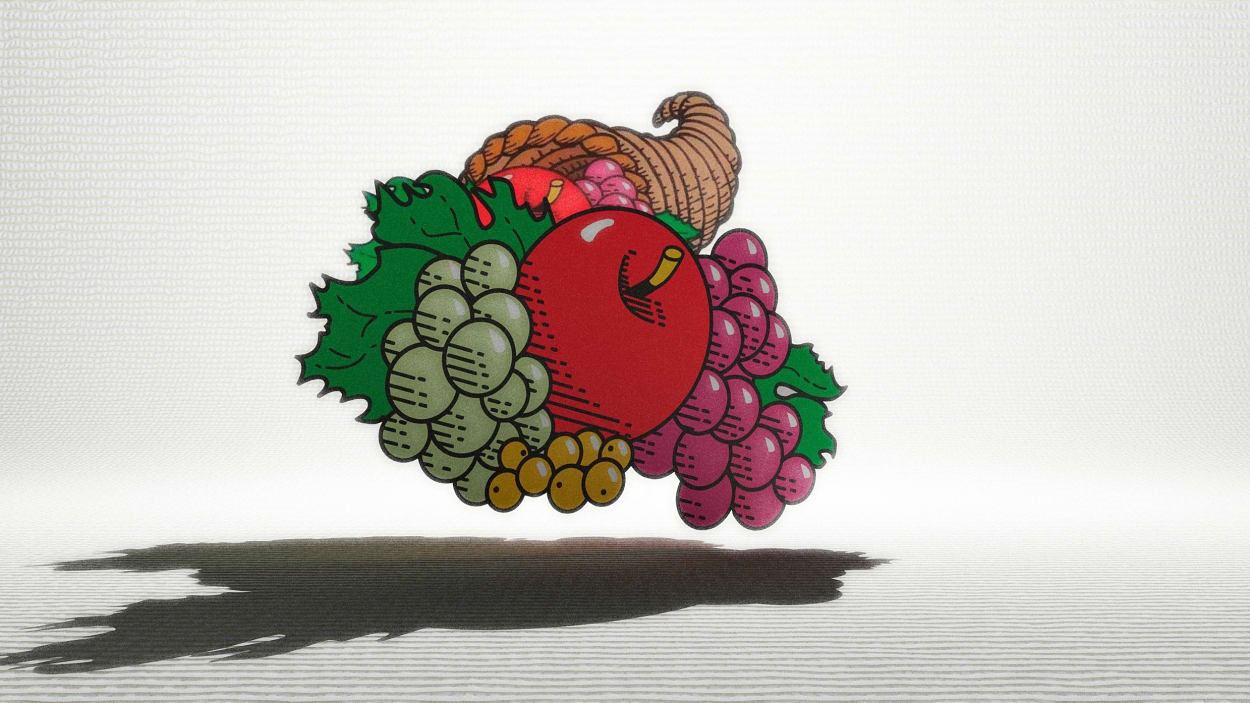The great Fruit of the Loom logo mystery is solved
The internet is good for plenty of things, but perhaps its most underrated value is its ability to turn an absolute nothingburger of a question into a worldwide search for truth.
Case in point: the great Fruit of the Loom logo mystery.
Earlier in the week, the fact-checking website Snopes published a deep-dive investigation into whether or not Fruit of the Loom’s logo has ever featured a cornucopia. It is a question that has rankled internet denizens for the past couple years after a photo popped up that purportedly shows a vintage T-shirt with a faded Fruit of the Loom logo—cornucopia and all.

Snopes found that despite this questionable photographic evidence, the company’s logo has never had a cornucopia in it. Further, Snopes argues, this seems to be a case of the internet suffering from a distinctly online ailment called the “Mandela effect,” which describes the phenomenon of collectively misremembered facts.
Author Fiona Broome came up with the name after she falsely remembered South African President Nelson Mandela dying while he was imprisoned in the 1980s. Though Mandela died in 2013, she found that others had the same memories before his death. The term is often used to describe misremembered logos like, case-in-point, Fruit of the Loom’s or Monopoly’s (the Monopoly man does not have a monocle), but the truth is humans are actually just pretty bad at remembering logos. Even the most famous ones.
“The Mandela effect is real, the cornucopia in our logo is not,” Fruit of the Loom wrote in a post from 2023.
In a study published in 2022, researchers at the University of Chicago found that respondents’ memories of logos for Volkswagen and Apple, or such characters as Pikachu and C-3PO, were often false. “Certain images from popular iconography elicit consistent, specific, false memories,” they wrote.
The study found people tend to be confident about misremembering logos, but researchers didn’t conclude exactly why. Their testing of the Fruit of the Loom logo even seemed to rule out the schema theory, which states that people will fill in missing information based on their associations. When respondents were asked to choose among the brand’s real logo, one with a cornucopia, and another with a plate, people were more likely to pick the cornucopia version despite never having interacted with a cornucopia in real life.
“The fact that they chose cornucopia over plate, when plates are more frequently associated with fruit, is evidence against the idea that it’s just the schema theory explaining it,” Deepasri Prasad, a lab manager and research assistant in the Brain Bridge Lab, said at the time.
Snopes said that after publishing its fact-checking, it received hundreds of emails that allege to prove Fruit of the Loom did, in fact, previously use a cornucopia in its logo.
Right or wrong, maybe Fruit of the Loom should consider a rebrand.
(24)



